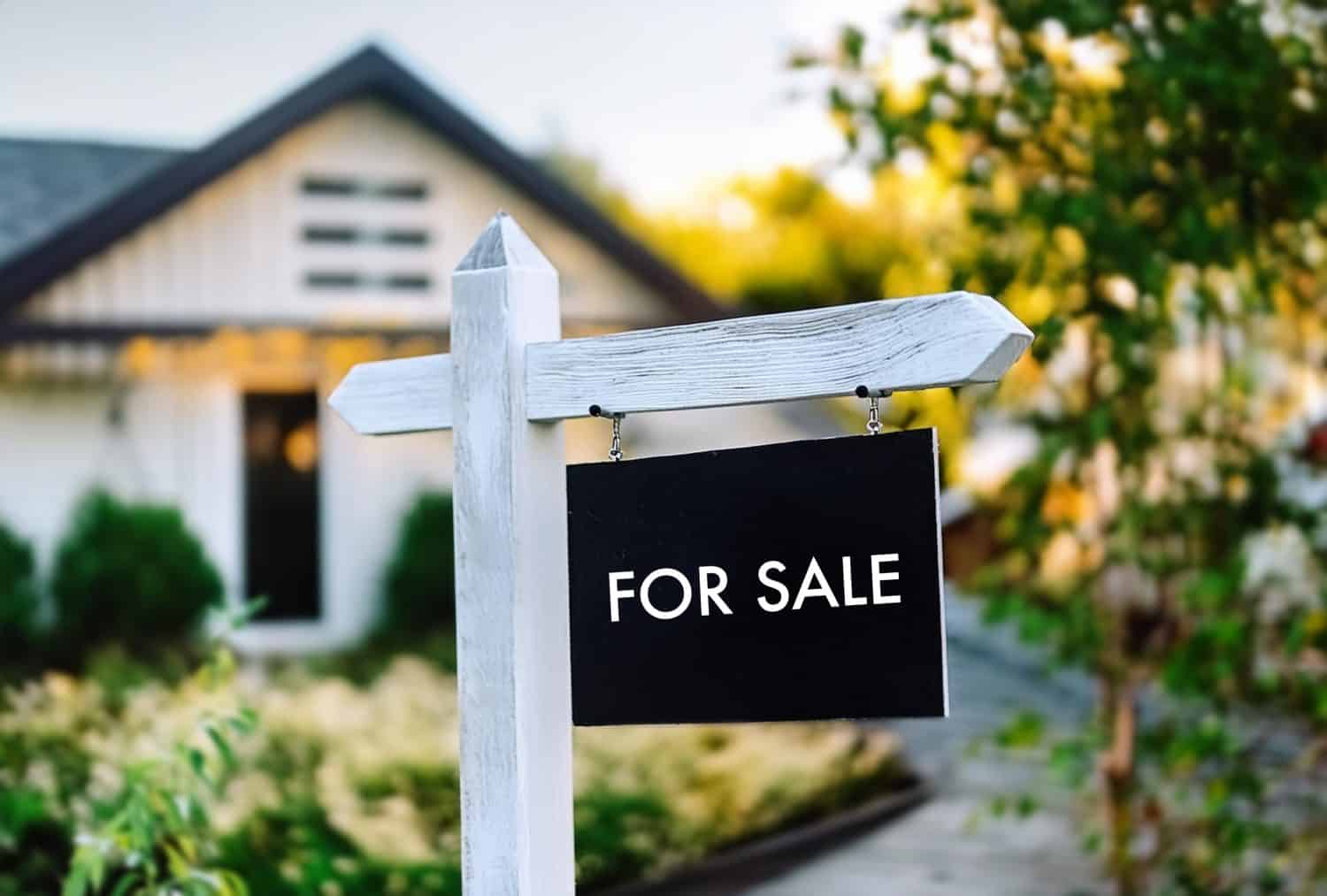Personal Finance
My mortgage payment is eating most of my paycheck - here's what Dave Ramsey told me to do

Published:

A recent caller to the Dave Ramsey Show admitted he’s spending about 50% of his pay on his housing costs.
Ramsey said he has to sell the house and he has no choice.
While spending more than 30% of pay on housing isn’t a good idea, the caller must make sure selling makes sense.
4 million Americans are set to retire this year. If you want to join them, click here now to see if you’re behind, or ahead. It only takes a minute. (Sponsor)
Buying a house is a big life milestone for many people, but sometimes it can cause financial trouble. For example, one recent caller to the Dave Ramsey Show explained that his housing payments were eating up a huge percentage of his budget and causing him to have money problems as a result.
Ramsey had some very blunt advice for the caller, and it’s advice everyone needs to hear if they are struggling with mortgage payments that take up too much of their income.
The caller to the Ramsey show explained that he is currently paying $2,090 in monthly mortgage payments while his household income is just $4,200 per month. Upon hearing these numbers, Ramsay said there was only one course of action open to the caller: “You have to sell the house” Ramsey explained. “You don’t have a choice. Your house payment is 50% of your take-home pay. You can’t do that.”
Obviously, Ramsey is 100% correct that spending 50% of monthly payments on a home is not sustainable. Devoting this much of your money to your property means you are not going to have nearly enough left to live on or to do other things like invest for retirement. You need to have spare funds for current essentials and also to save an emergency fund and save up for retirement since you can’t live on Social Security alone.
However, before rushing into listing a house, it is important to understand the financial implications. If you can list your home for sale, sell it for enough to pay off your loan and find a cheaper place to live, then selling is a no-brainer. You don’t want to use up all your income on your house and in fact, should aim to keep your mortgage costs, property taxes, and insurance below 25% to 30% of your income.
The problem is that selling isn’t a no-brainer if you can’t generate enough money from the sale to pay your loan, or if you live in an expensive area and actually can’t find a less expensive place to rent or to buy. If you can’t sell your house for enough, you’d likely be on the hook for paying the mortgage lender any gap between what you could sell for and what you owe — unless your lender was willing to agree to a credit-damaging short sale. And if it’s more expensive to live elsewhere, then selling doesn’t solve your problem.

Ramsey is 100% right that it’s not a wise choice to keep struggling financially to keep a home that you really can’t afford — which is exactly what you are doing if your house’s costs take close to half your income. However, if it is impractical to sell your house without losing a lot of money or struggling to find a cheaper place to live, then you may want to explore options.
One choice you have is to find ways to increase your income. Working a side job, asking for a raise, developing job skills, negotiating your salary and bonuses, or switching companies all might help you get the breathing room that you need to afford your house. You could also look at renting out a room to a roommate, or contact your mortgage lender to see if you’d be eligible for a loan modification.
The reality is, if your housing costs are above 30% of your income, you probably will have some problems — and if they are 50%, then you’re almost assuredly setting yourself up for disaster. When you can sell the house in this situation, you should. If you can’t, you have other options worth considering — but you need to do something because the situation can’t last without serious long-term damage to your financial stability.
Retirement can be daunting, but it doesn’t need to be.
Imagine having an expert in your corner to help you with your financial goals. Someone to help you determine if you’re ahead, behind, or right on track. With SmartAsset, that’s not just a dream—it’s reality. This free tool connects you with pre-screened financial advisors who work in your best interests. It’s quick, it’s easy, so take the leap today and start planning smarter!
Don’t waste another minute; get started right here and help your retirement dreams become a retirement reality.
Thank you for reading! Have some feedback for us?
Contact the 24/7 Wall St. editorial team.